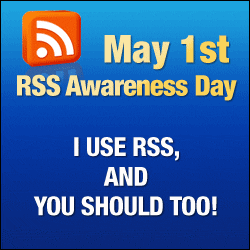What is the difference between a "ruler" and a "leader"?
Short and simple (and leaving a lot of blanks)
- A ruler can lead from anywhere. Front, back, middle. As a participant or not. "do this and I'll have coffee" is an option. A ruler is more forceful (sometimes of necessity, sometimes out of character)
- A leader gathers information (this is not ruled out with a "ruler") makes a decision based on the input of others (also not ruled out with a "ruler") and states a goal. The attitude is "Let us ALL go in this direction - I'll be the first to step out."
A leader is (by definition) a participant in the achieving of the goal. A ruler may or may not be.
What is the difference between "having authority" and "taking authority"?
There is a line from "Braveheart" the movie. William Wallace says,
"he is not my king." The interrogator tells him (not a direct quote), "oh...he IS your king. Whether you accept it or not makes no difference, he IS your king."
"Having authority" means that...well...the authority is inherent in your position, regardless of whether or not those you have authority over accept it or not. The authority is sometimes God-given, sometimes government-given, sometimes "other"-given (organizations, etc.) The proper attitude toward a person who "haves authority" is an attitude of submission.
"Taking authority" (to me) means that submission is not freely given, it must be taken. Sometimes this is because it is an illegitimate authority, or that a legitimate authority is being abused. Sometimes it is because the legitimate authority is being ignored.
Whether or not the king in Braveheart "had" a legitimate authority, he "took" authority over William Wallace because of Wallace's refusal to submit.
So we see that one does not exclude the other (the king with a legitimate authority "took" authority over Wallace".
On a board of directors there is a legitimate authority in the elected chair. The chair has the authority to lead the meeting in an ordered manner. When a person present attempts to hijack the meeting, the chair also has the right (and responsibility) to "take authority" and get the meeting back on track.
The person who is the "hijacker" is "taking authority" (or attempting to), but they do not "have" authority from a legitimate source. Regardless of the attempt (even if successful) people are free to follow (or not) the source of an illegitimate "taken" authority.
Bottom line?
In my ideal world, leaders would be more plentiful than rulers.
In my ideal world, "taking authority" would not be needed. If those under a person who "has" legitimate authority willingly submitted to that authority, there would be no need for the "taking" of it.

 Times change.
Times change.
 (click here for more info)
(click here for more info)